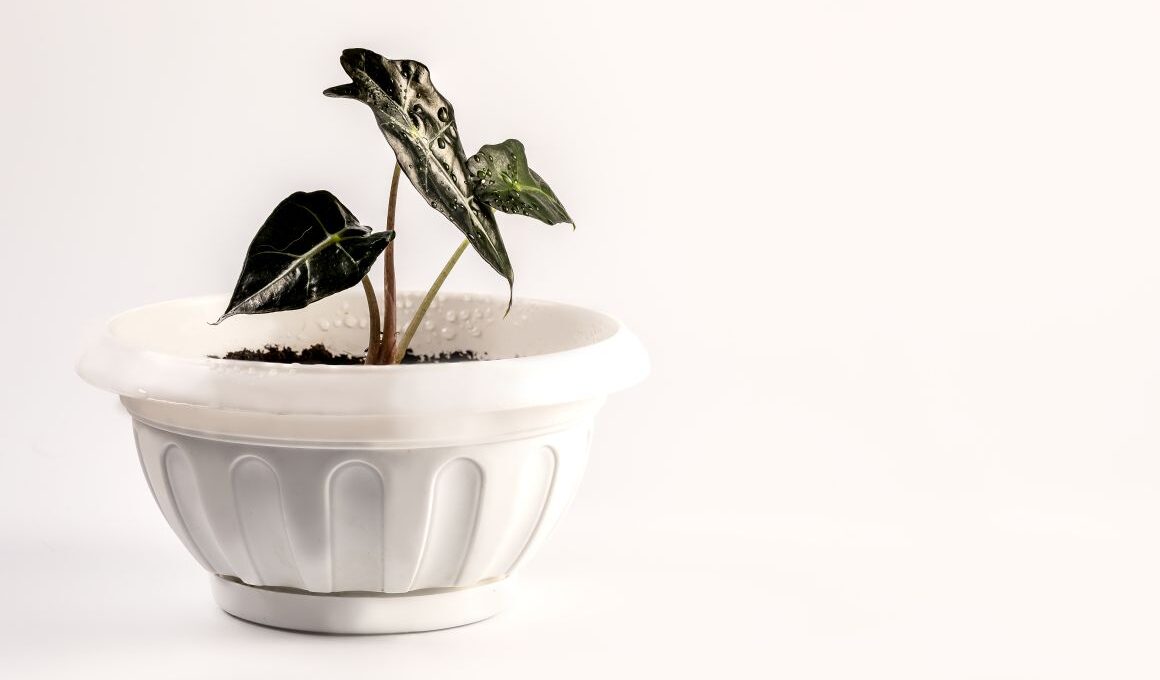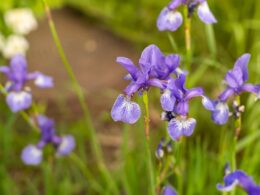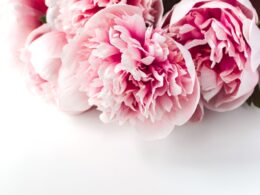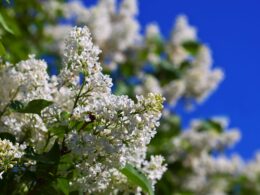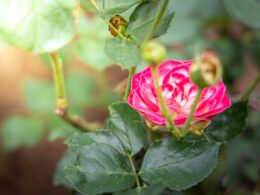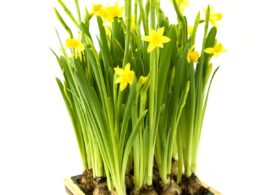Knowing when to plant elephant ear bulbs and how to care for them can be tricky. In this post, we’ll walk you through the basics of elephant ear care, so you can have beautiful plants all summer long. Happy gardening!
When to Plant Elephant Ear Bulbs?
If you want your elephant ear bulbs to thrive, it’s important to plant them at the right time. In general, you should plant them in the late spring or early summer. However, the exact timing will depend on your climate and the type of elephant ear bulbs you’re planting. So, when to plant elephant ear bulbs?
For example, if you live in a warm climate, you can plant elephant ear as early as March. However, if you live in a cooler climate, you should wait until May or June to start your growing season.
It’s also important to consider the type of elephant ear bulbs you’re planting. Some types of this species (such as alocasia and colocasia) need to be started indoors before they’re planted outside. If you’re planting these types of bulbs, you should start them about 8-10 weeks before the last frost date in your area.
Other types of elephant ear (such as caladiums) can be planted directly outdoors. If you’re planting these bulbs, you should wait until the soil is warm and the danger of frost has passed before you plant them.
Where to Plant Elephant Ear?
If you’re looking for a dramatic plant to add to your garden, elephant ear (Alocasia spp.) is a great choice. These large-leaved plants are native to tropical regions of Asia and Africa, and they can add a real “wow” factor to any landscape. When choosing a location to plant elephant ears, consider both the size of the plant and the amount of sunlight it will need.
Elephant ear plants can reach up to 6 feet tall and spread 4 to 5 feet wide, so give them plenty of room to grow. They prefer a location that gets partial shade to full shade, but they will also tolerate full sun if they’re given enough water. Avoid planting elephant ear tubers near walkways or other areas where people might brush against them, as the plants can cause skin irritation.
When you’re ready to plant, dig a hole that’s twice as wide and just as deep as the pot your elephant ear is growing in. Gently remove the plant from its pot and loosen the roots before placing it in the hole. Backfill the hole with soil or peat moss, water well, and apply a layer of mulch around the base of the plant to help keep the roots cool and moist. Now just wait for it to sprout.
Types of Elephant Ear Plant
Now when you know when to plant elephant ear bulbs, it’s time to find out a little bit more about this species. The popular term “elephant ear” can refer to several plant species belonging to several genera in the Araceae family. These aroids are native to tropical regions throughout the world and are grown as ornamental plants in gardens and indoor spaces. The fleshy, large leaves of these plants are what give them their common name.
There are many species of elephant ear plants, but some of the most popular include the following:
- Alocasia: this genus includes around 70 species of plant, all native to tropical Asia. They are characterized by their large, glossy leaves which can be green, purple, or black in color.
- Colocasia: a closely related genus to Alocasia, Colocasia includes around 37 species of plants native to tropical Asia. They are also characterized by their large, glossy leaves which can be green, purple, or black in color.
- Philodendron: this genus is actually part of the Araceae family and includes around 900 species of plants native to the Americas. They are characterized by their large, glossy leaves which can be green, purple, or black in color.
Growing Elephant Ear as a Houseplant
Yes, you can grow elephant ear plant at home. All you need is a pot, some soil, and water. To care for your plant, keep the soil moist and fertilize it monthly. If you live in a warm climate, you can place your potted plant outdoors. However, if you live in a cold climate, it’s best to keep your plant indoors. When keeping an elephant ear plant at home, it’s important to provide plenty of bright, indirect light. Remember that this plan can grow up to 6 feet tall, so be sure to choose a pot that’s large enough to accommodate its size.
Elephant Ear – Plant Care
You know already when to plant elephant ear bulbs. But how to take care of this plant? It is relatively easy to grow, as long as you provide it with the warm temperatures, high humidity, and ample moisture that they need.
Place your plant in an area that receives bright, indirect light. Too much direct sun can scorch the foliage, so filtered light is best. Keep the soil moist at all times, but be careful not to overwater, as this can lead to root rot. Fertilize your plant every two weeks with a half-strength solution of balanced fertilizer or compost.
While your elephant ears are dormant, it’s important to keep them well-watered. They will need to be watered about once a week, depending on the climate. Be sure to check the soil regularly and water when it begins to feel dry.
Elephant ears are tropical plants, so they are not characterized by hardiness. If you live in an area with cold winters, you’ll need to dig up the bulbs in autumn and replant them in spring each year.
When to plant elephant ear bulbs? Now you know the answer!





